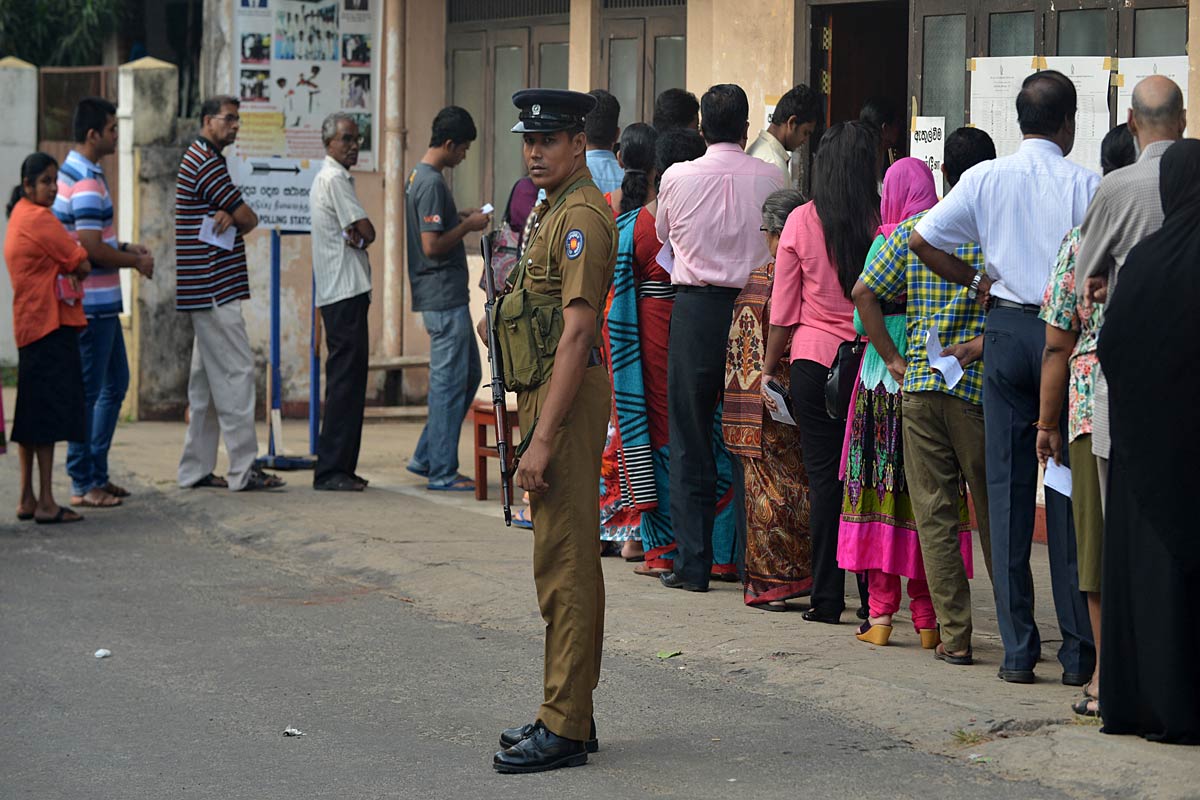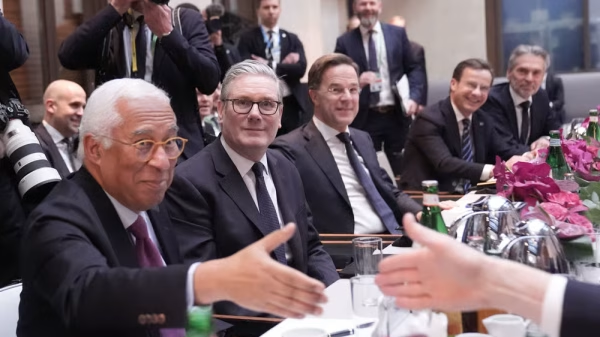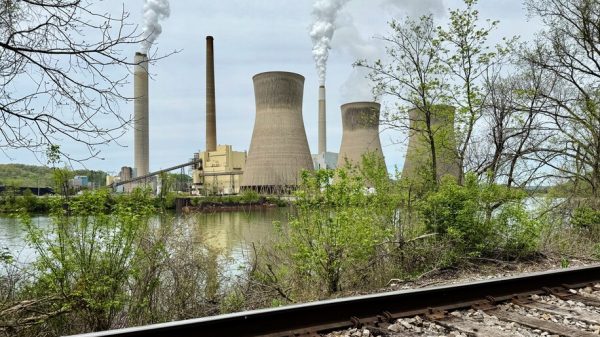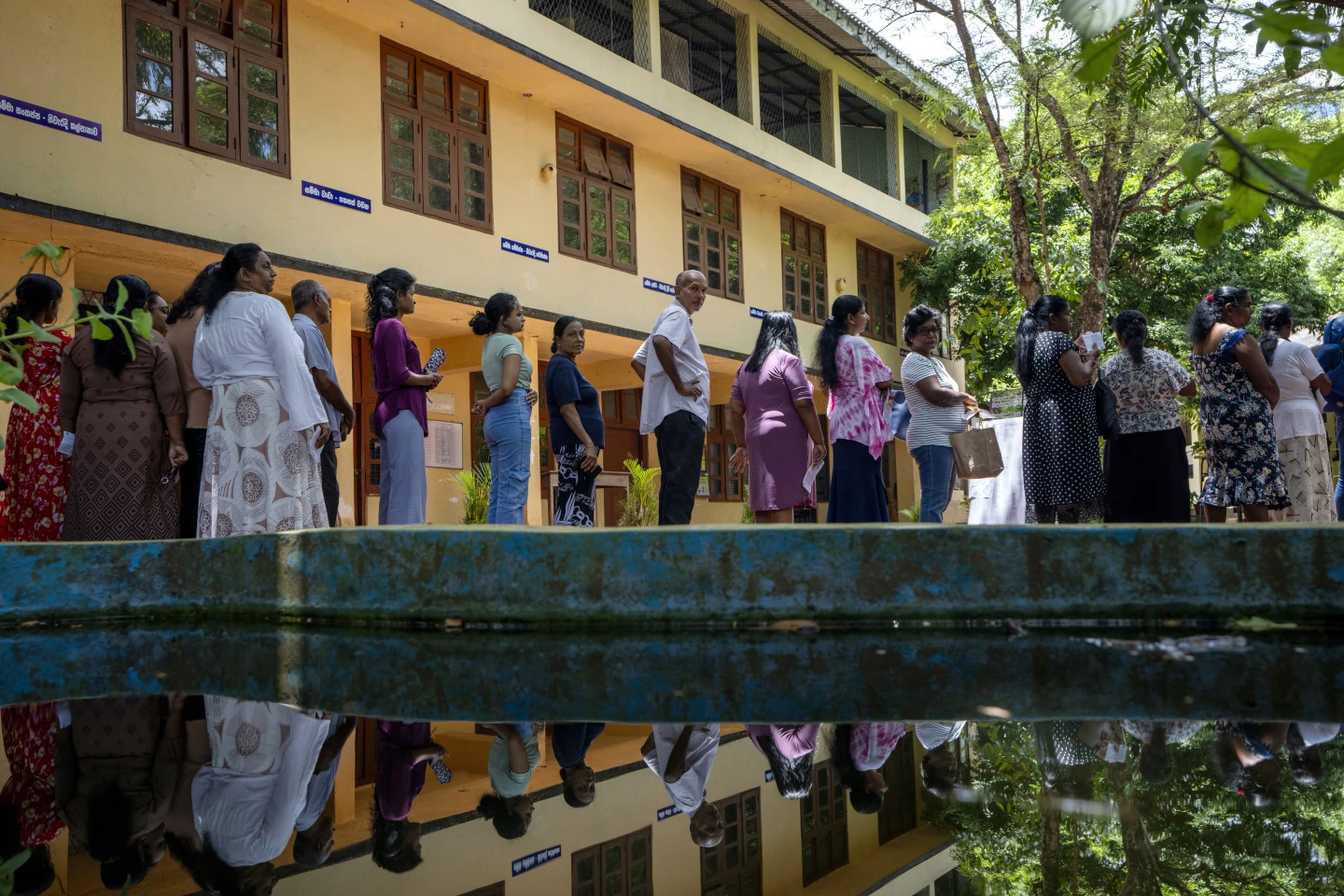Polls have closed in Sri Lanka, signaling a crucial election as citizens choose a new president for the first time since mass protests led to the ousting of the previous leader in 2022. This election is viewed as a referendum on the economic reforms designed to address the country’s severe financial crisis.
Many voters continue to face challenges due to tax increases and cuts to subsidies, making economic issues the primary focus in this closely contested race.
Vote counting began shortly after the polls closed, with initial results anticipated by Sunday morning. High inflation and escalating living costs have left the electorate searching for effective solutions to stabilize their financial situations.
Analysts like Soumya Bhowmick from the Observer Research Foundation emphasize the election’s significance for restoring public and international confidence in Sri Lanka’s governance amid ongoing economic struggles.

Citizens Vote in Crucial Sri Lankan Election Amid Economic Reform Focus Following Recent Crisis
Incumbent President Ranil Wickremesinghe is seeking reelection amid controversy. Appointed after the ousting of former president Gotabaya Rajapaksa, Wickremesinghe has faced criticism for his crackdown on protests and accusations of shielding the Rajapaksa family from accountability.
Competing against him are several prominent candidates, including Anura Kumara Dissanayake, who has gained support with his anti-corruption platform, along with Sajith Premadasa and Namal Rajapaksa, both of whom come from influential political families.
The economic crisis that precipitated Rajapaksa’s removal stemmed from years of ineffective policies compounded by the COVID-19 pandemic, leading to soaring public debt and rampant inflation. While Wickremesinghe’s administration has implemented austerity measures that have begun to stabilize the economy, many citizens still feel the financial burden, facing high unemployment rates and struggling small businesses.
In this election, voters will rank candidates by preference, a system that may produce unexpected results if no candidate secures a majority. Historically, Sri Lankan elections have yielded clear winners, but this year could be different due to a more fragmented field of candidates. Experts warn that election officials and candidates should be prepared for potential disputes, as the atmosphere remains charged with uncertainty about the country’s recovery and future direction.











































